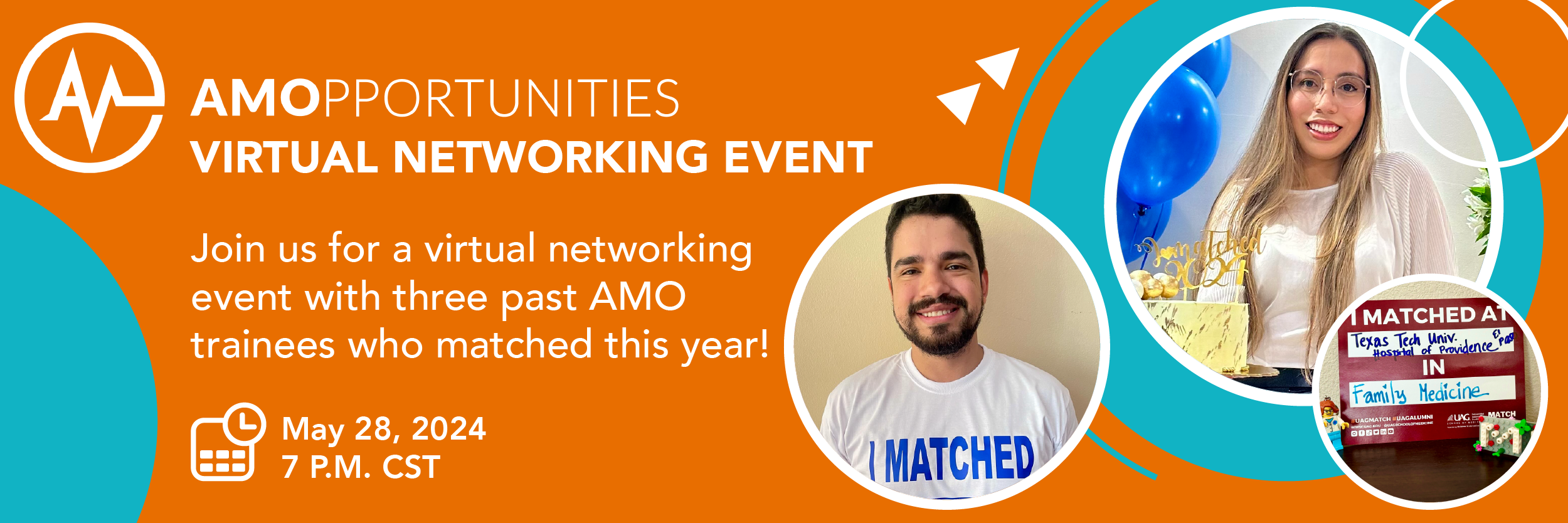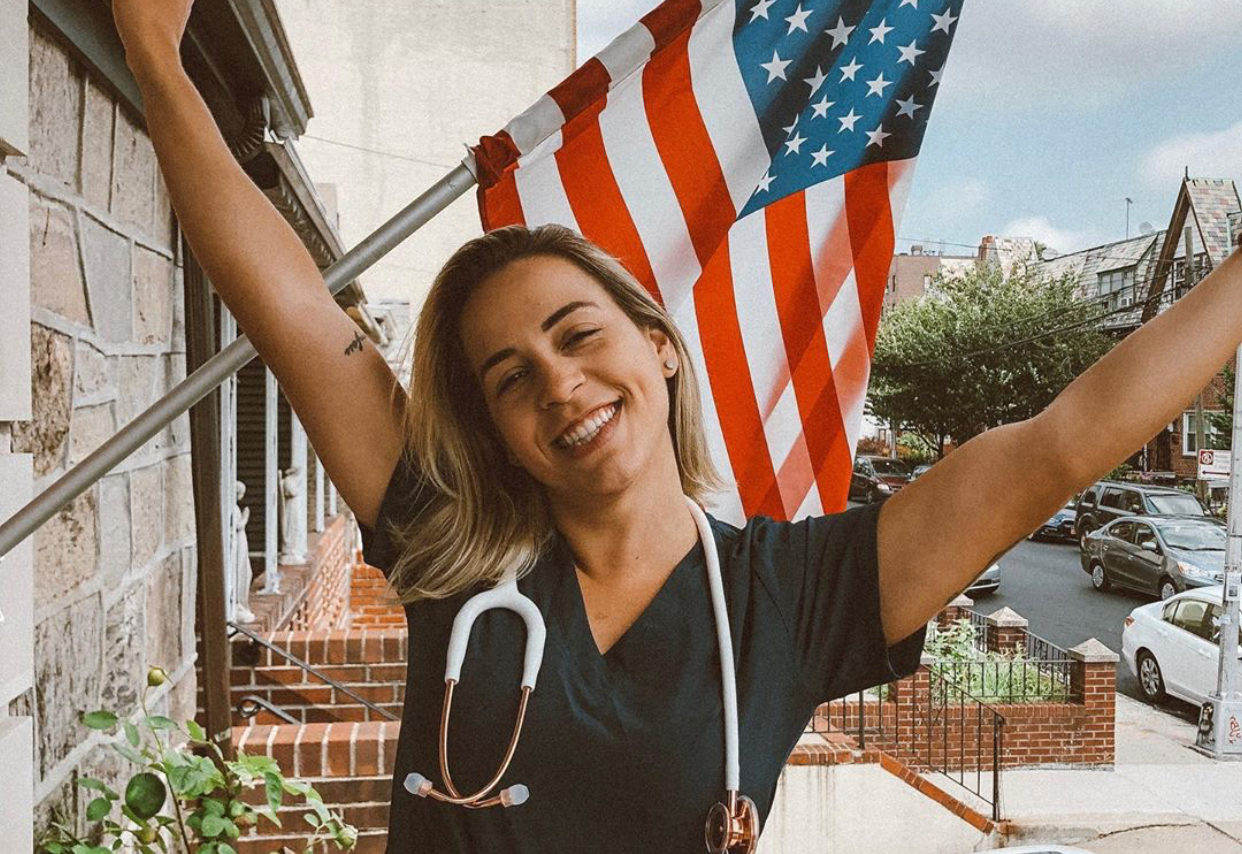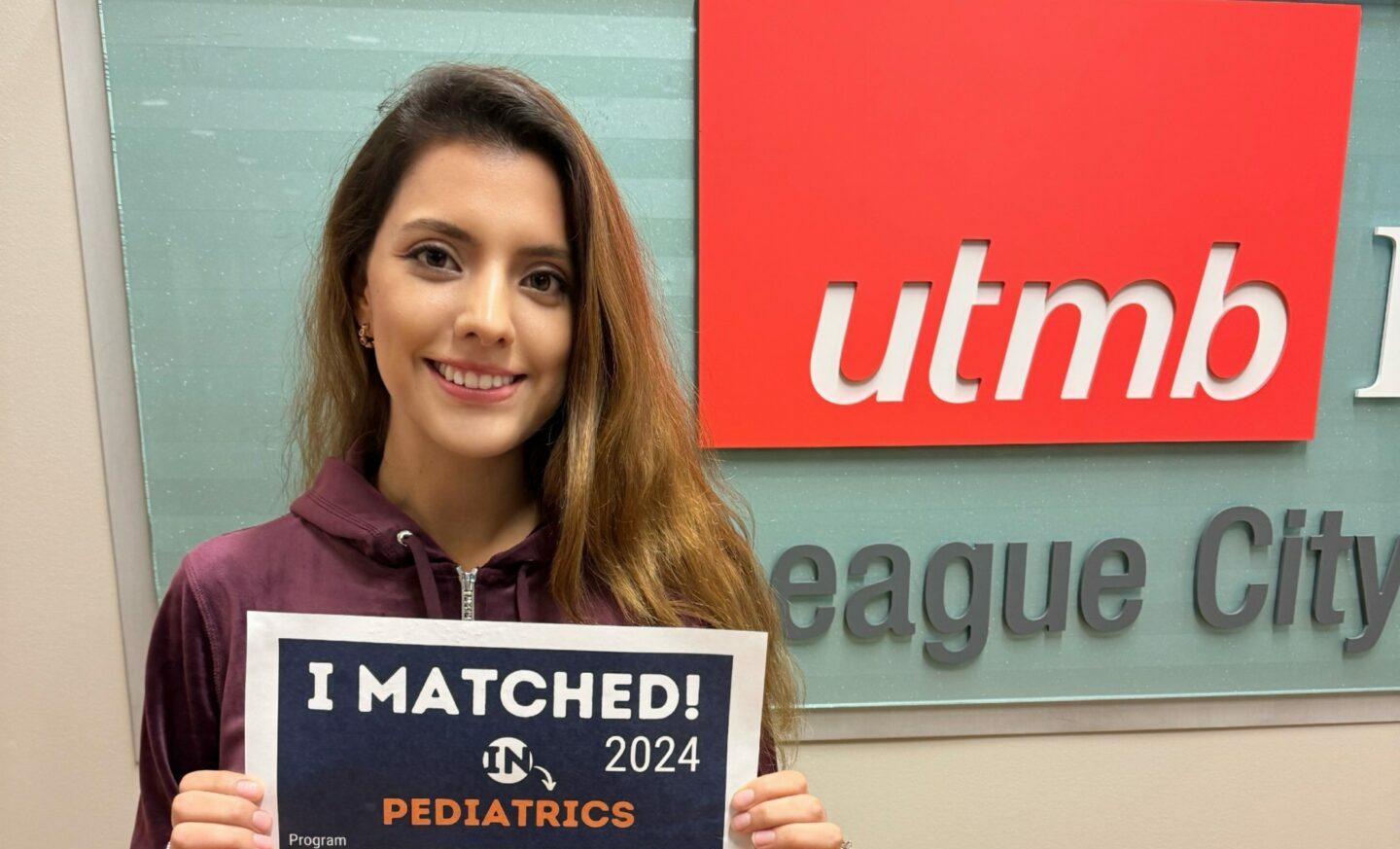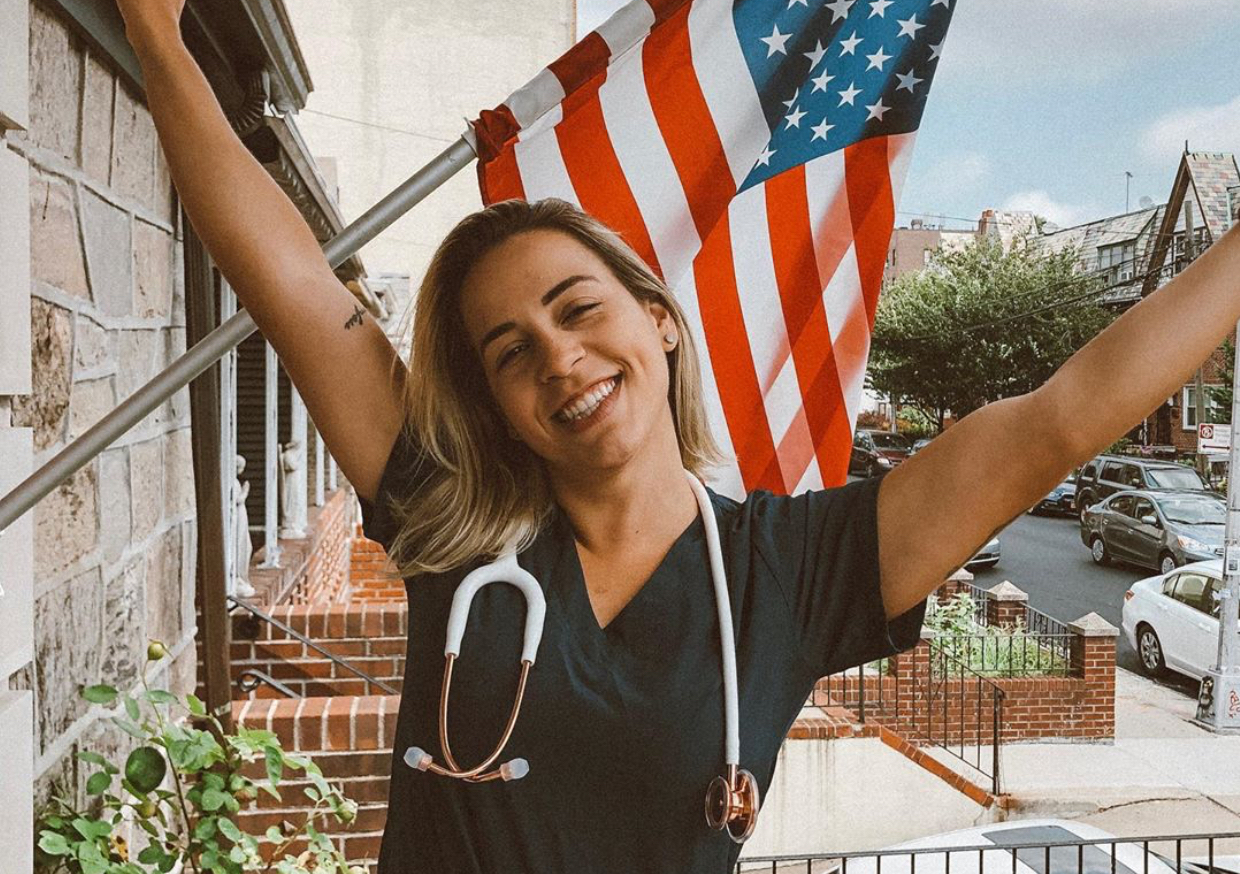Unfortunately, Match Week doesn’t bring a residency match for everyone. After years of hard work and studying, not matching can be difficult news to accept.
However, less-than-ideal news on Match Day isn’t bad news for your medical dreams. Keep reading below for reasons why pushing forward with your medical journey in the face of adversity is always worth it in the end.
1. You Love Medicine
In the face of adversity, it is important to remember why you entered the field in the first place and why you continued this far along. You love the field.
For doctors, the work is about helping others. At AMO, we hear it every day from our visitors. The excitement of the sciences and the passion for working with people is at the center of the work you do as a medical trainee and it will continue to be a part of the work you do in residency and beyond.
In the face of difficult news, this passion might be drawn into question. That’s understandable! It might even take a few days or weeks to process a range of emotions you might be feeling. However, being able to return to your love for practicing medicine and providing care is an important first step toward reigniting your motivation for continuing. We think you’ll find it will be worth it in the end.
2. Your Candidacy Will Only Get Stronger
While it may feel like a long way away now, next year’s Match Week is only a year away (and registration is even sooner!). That time frame is not too long of a delay to feel like you are sitting around waiting for your career to begin. But it is ample time to refresh your application materials.
Using the year to revamp your CV with a medical-related job or to earn stronger LoRs by participating in clinical rotations is a great way to show your commitment to the field and gain new knowledge of your specialty.
If you haven’t already taken USMLE Step 3, using the year before the next Match cycle to study and take the exam can really help you stand out on your residency application. Because most trainees will take this Step exam during their residency intern year, already having it on your record will put you ahead of other candidates and show program directors your commitment to medicine.
3. Accessibility for IMGs is Improving
The effects of the healthcare worker shortage are being felt across the United States, and the solution lies in foreign-trained medical graduates. This has prompted lawmakers to take action. Already multiple laws have been introduced in states like Arizona and Washington to make it easier for foreign-trained medical students to practice medicine without needing extra qualifications.
As well, changes to the ECFMG Pathways have also helped eliminate or ease some of the barriers faced by IMGs and a rise in Matched IMGs is already evident as a result. Expect this improved accessibility to grow even more in the coming years.
With this in mind, for many, the pathway to practicing may not be as long as it once seemed.






